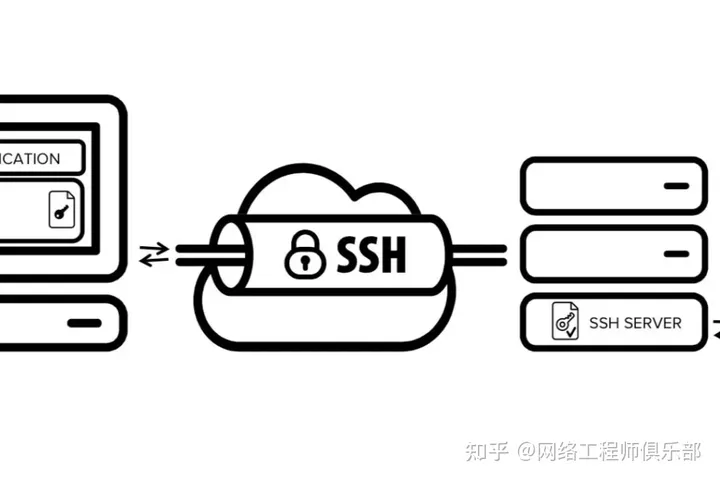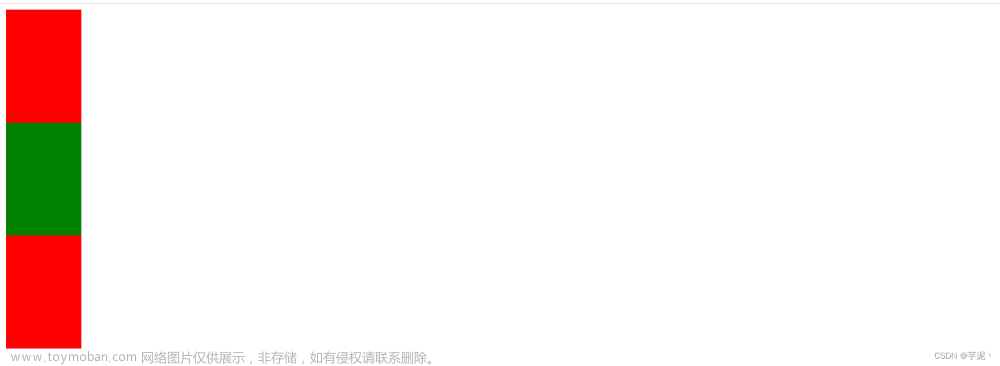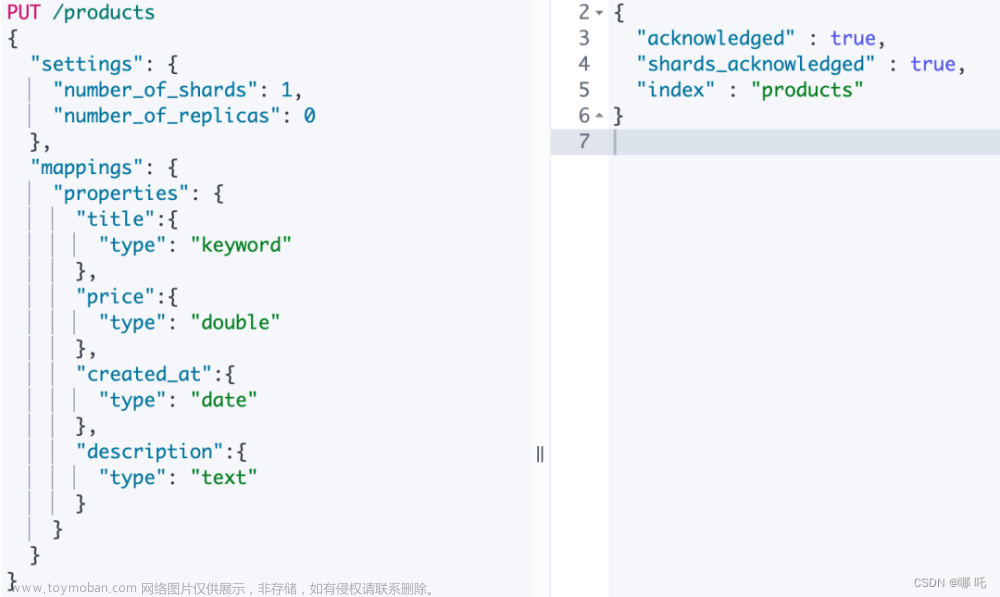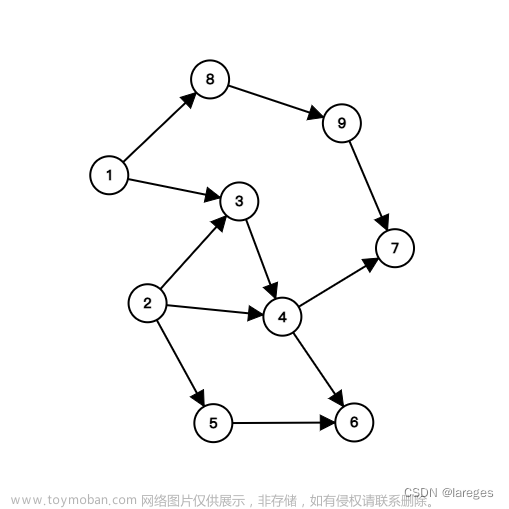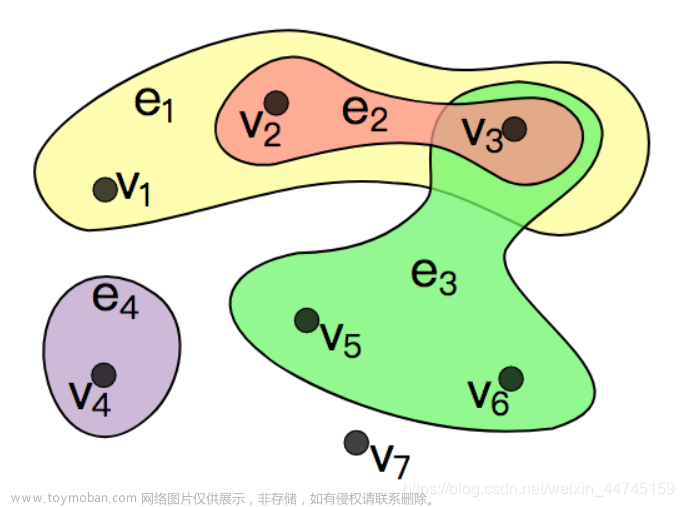strstr()函数用于:查找子字符串
目录
函数介绍
用法示例
函数讲解
实现函数
事例展示
函数介绍
函数声明:char *strstr(const char *str1, const char *str2)
头 文 件:#include <string.h>
返 回 值: 返回值为char * 类型( 返回指向 str1 中第一次出现的 str2 的指针);如果 str2 不是 str1 的一部分,则返回空指针。
用法示例
#include <stdio.h>
#include <string.h>
int main()
{
char str[] = "This is a simple string";
char* pch;
pch = strstr(str, "simple");
if (pch != NULL)
strncpy(pch, "sample", 6);
puts(str);
return 0;
}函数讲解
 文章来源:https://www.toymoban.com/news/detail-546500.html
文章来源:https://www.toymoban.com/news/detail-546500.html
实现函数
char* My_strstr(const char* str1, const char* str2)
{
assert(str1 && str2);
const char* s1 = str1;
const char* s2 = str2;
const char* p = str1;
while (*p!='\0')
{
s1 =p ;
s2 = str2;
while (*s1 != '\0' && *s2 != '\0' && *s1 == *s2)
{
s1++;
s2++;
}
if (*s2 == '\0')
{
return (char*)p;
}
p++;
}
return NULL;
} 事例展示
#include <stdio.h>
#include <string.h>
#include<assert.h>
char* My_strstr(const char* str1, const char* str2)
{
assert(str1 && str2);
const char* s1 = str1;
const char* s2 = str2;
const char* p = str1;
while (*p!='\0')
{
s1 =p ;
s2 = str2;
while (*s1 != '\0' && *s2 != '\0' && *s1 == *s2)
{
s1++;
s2++;
}
if (*s2 == '\0')
{
return (char*)p;
}
p++;
}
return NULL;
}
int main()
{
char str[] = "This is a simple string";
char* pch;
pch = My_strstr(str, "simple");
if (pch != NULL)
strncpy(pch, "sample", 6);
puts(str);
return 0;
} 文章来源地址https://www.toymoban.com/news/detail-546500.html
文章来源地址https://www.toymoban.com/news/detail-546500.html
到了这里,关于strstr函数详解 看这一篇就够了-C语言(函数讲解、函数实现、使用用法举例、作用、自己实现函数 )的文章就介绍完了。如果您还想了解更多内容,请在右上角搜索TOY模板网以前的文章或继续浏览下面的相关文章,希望大家以后多多支持TOY模板网!


